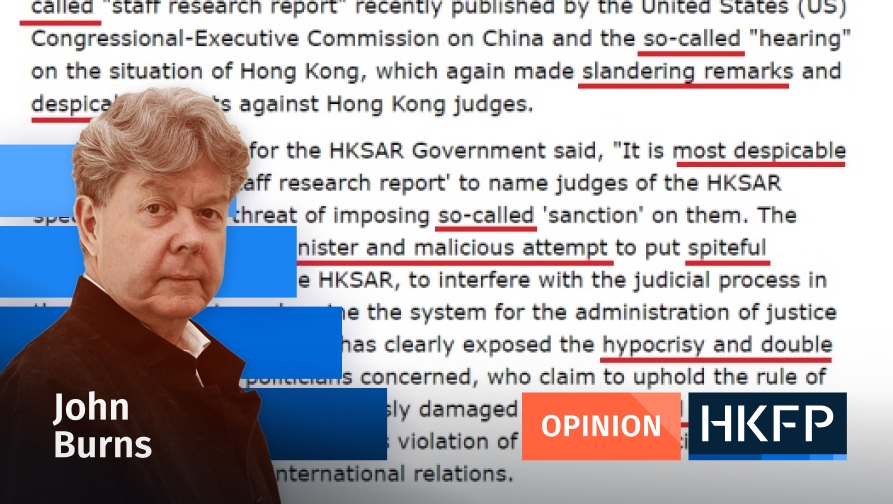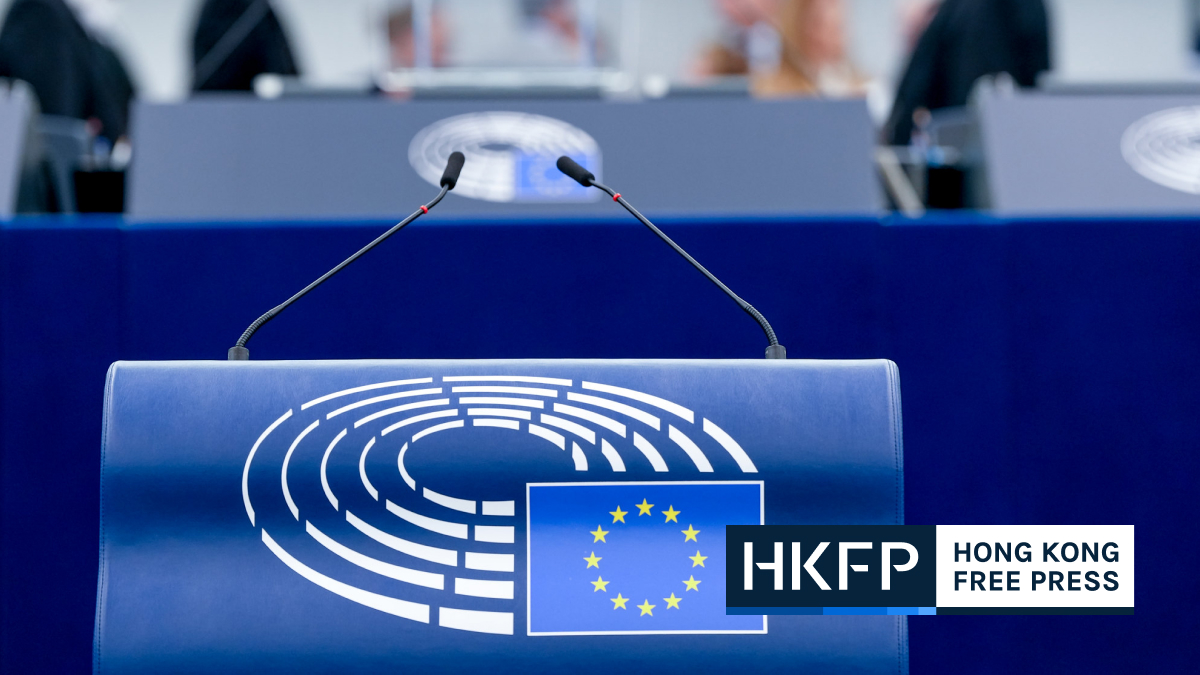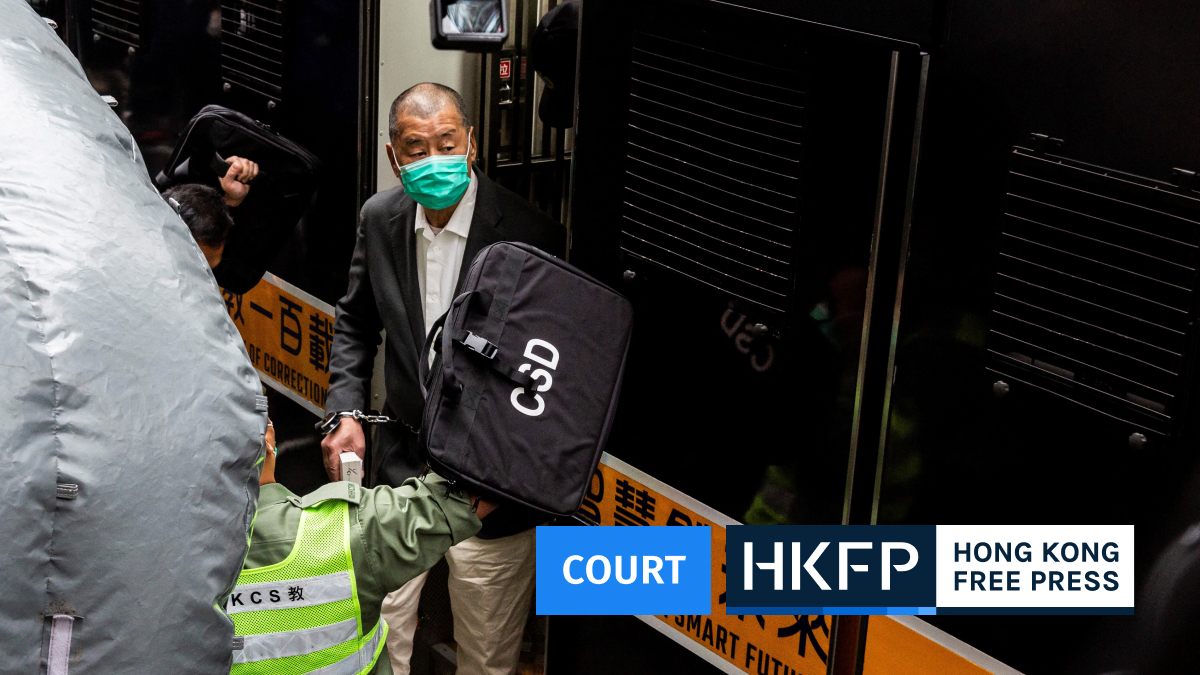By James R. Chiu
The US Treasury Department on August 7 imposed sanctions on 11 officials or former officials from Hong Kong and mainland China, including Chief Executive Carrie Lam, for undermining Hong Kong’s promised autonomy following the passage of a sweeping national security law. How badly will it affect them?
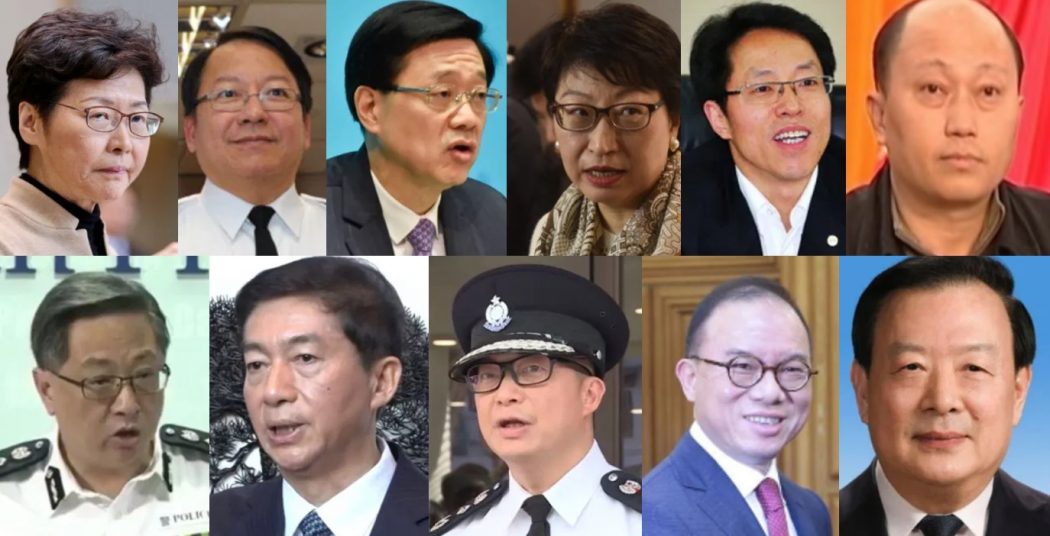
Here is an overview of the likely impact:
Q: The Hong Kong Autonomy Act (HKAA) directed the US State Department to compile a report on individuals to be sanctioned within 90 days of the law’s passage? Has the report been submitted? If not, why have sanctions already been enacted?
The State Department does indeed have 90 days to submit such a report. However, President Trump’s Executive Order 13936 on Hong Kong Normalization, issued on July 14 at the same time that he signed the HKAA into law, gave agencies immediate authority to implement many of the act’s provisions, including levying sanctions. Thus, sanctions may now be imposed even before the Department submits its report. At the time of writing, it had not yet been submitted. Further sanctions might be imposed while the report is pending.
Q: What are the immediate effects sanctions will have on individuals?
As of August 7, all property and interests of the 11 individuals either in the United States, or within the control of a US person globally, is “blocked” , effectively becoming frozen property. While the individual still legally owns the property, the right to sell or transfer it no longer applies. Instead, the individual must seek permission from the Office of Foreign Assets Control (OFAC) if they wish to take any action relating to their blocked property. Thus, OFAC does not seize the blocked property but it becomes subject to strict controls.

Q: How does this affect banks?
Both US and non-US banks must comply with US sanctions or face penalties, due to secondary sanctions (discussed below). Even before August 7, there were reports that banks were auditing their client base for legal exposure to both US sanctions and the National Security Law (NSL) in Hong Kong. Tellingly, personnel interviewed at some financial institutions have indicated a willingness to close the accounts of individuals or companies subject to US sanctions, despite the revenue hit. Others are taking a “wait-and-see” approach, hoping that sanctions will not be overly restrictive to business, or that they may be levied slowly over time. However, with the surprise announcement of sanctions on August 7, the latter approach may have been overly optimistic, and there will likely be additional discussions and audits in the coming weeks
Q. Are banks the only financial institutions hit by sanctions?
No, the definition of a financial institution under the HKAA is very broad. Apart from banks and credit unions, it includes credit card companies such as Visa and Mastercard, currency exchange shops, insurance companies, travel agencies, car dealerships, casinos, real estate settlement services, pawn shops, and money transfer services, among others.
Q: Can’t a sanctioned person simply not do business with US companies, or in the US?
In theory, yes, but it would be highly inconvenient and the number of companies willing to take this risk is likely small. US sanctions include secondary sanctions, which pressure third parties to stop conducting business with sanctioned persons. This is achieved by cutting off a third party’s own access to the US, should it fail to comply. A key example is sanctions against Iran. Companies that do business with Iranian entities will lose access to the US financial system, and face severe penalties. A similar situation is likely to occur with Hong Kong-related sanctions.
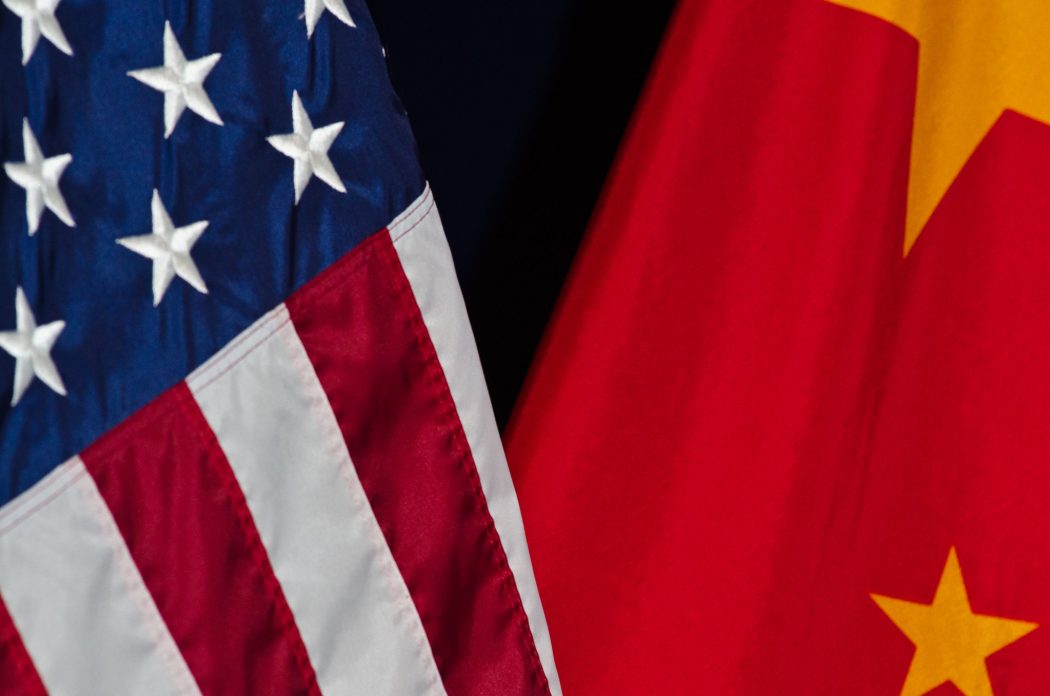
The spectre of secondary sanctions is backed up by recent case law. In 2017, a Singaporean company, CSE TransTel Pte. Ltd., was fined US$12 million for violating US sanctions on Iran. None of the parties involved were US-based, but wire transfers to pay contractors in Iran (including two sanctioned parties) were made in US dollars. These transfers were processed through the US financial system with TransTel failing to reference Iran, thus the transactions were not identified at the time. TransTel, accused of exporting US financial services to a sanctioned party, settled the case by helping US authorities with their investigation; agreeing to the fine; and undertaking remedial actions to prevent future violations.
While the mere use of US dollars is not enough for OFAC to bring a case, US dollar transactions are typically routed through the US financial system in some way. This would be enough for OFAC to assert jurisdiction and penalise the offending party. Thus, even non-US companies have historically been reticent to carry out transactions with sanctioned persons.
Q. Won’t companies that comply with US sanctions risk violating the NSL?
Yes. The stark truth is that it is impossible to comply with both laws. Companies essentially face two options: choose to comply with either US law, or with the NSL. These choices are mutually exclusive, because Article 29 of the NSL makes imposing sanctions on Hong Kong or China illegal. However, it is not just companies with operations in Hong Kong that must make this choice. Due to secondary sanctions, many more companies may unexpectedly find themselves contravening not just US law, but also the NSL. Moreover, with the extra-territoriality clause in Article 38 of the NSL, companies with no Hong Kong or China operations may inadvertently violate the NSL for upholding US sanctions.
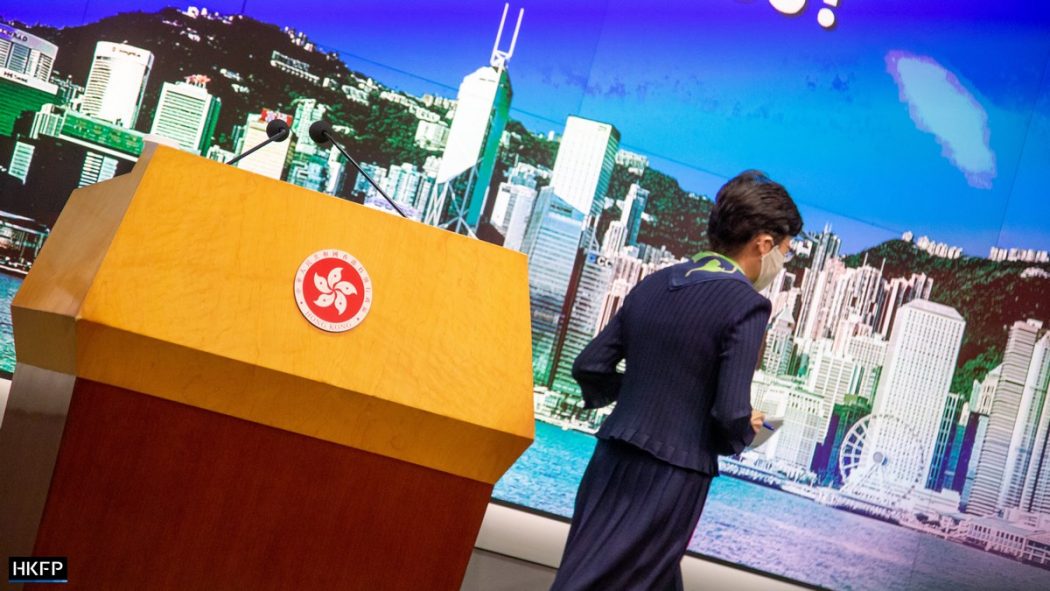
All this means that companies will be thinking long and hard about their existing or potential business relationships with sanctioned persons. It is highly likely that companies with US ties, or those reliant on the US financial system, will choose to comply with US law. Simply put, losing access to the US financial system is much worse than losing access to the business of sanctioned persons. To avoid prosecution under the NSL for enacting US sanctions, companies will also likely move operations out of Hong Kong. Whether or not this scenario happens would depend on how prosecutors construe Article 29 of the NSL, particularly as there is no precedent.
Perhaps tellingly, the Hong Kong Monetary Authority issued a circular stating that banks were not obligated to comply with US sanctions, but refusing to clarify whether banks were banned from doing so. If this is the official position, firms will likely consider compliance with US sanctions the less costly option, since losing access to the US financial system will sound the death-knell for many businesses.
The author is a corporate lawyer currently practicing in the US who was granted a pseudonym to protect his job. With a Bachelor of Arts in Political Science and a Juris Doctor, he has a keen interest in international relations and trade. The article above is for informational purposes only and does not constitute legal advice.
Support HKFP | Policies & Ethics | Error/typo? | Contact Us | Newsletter | Transparency & Annual Report | Apps
Help safeguard press freedom & keep HKFP free for all readers by supporting our team





















